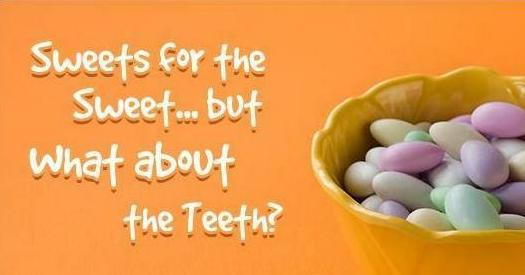
Sweets for the sweet…but what about your teeth?
Even as adults, sweets tend to bring out the kid in us. Nothing quite satisfies like a good piece of candy! But, as we get older, besides affecting our waistlines, sweets can also affect our gum lines. So, how best to survive holidays that are traditionally surrounded by sugar? Think: chocolate.
Chocolate, Really?
Research has shown that chocolate can help prevent heart disease and cancer, and now it’s even been said to help fight tooth decay. Researchers believe that cocoa bean husk (the outer part of the bean) that chocolate contains has anti-bacterial qualities and can help stop the bacteria that cause cavities in the first place. In one recent study, Japanese scientists concluded that it is so effective in fighting decay, it may even be added to toothpaste or mouthwash someday!
Chocolate may be high in sugar, but because it melts quickly in your mouth, as opposed to say, hard candy, there is little time for bacteria to attack and damage teeth. Even though chocolate is a food that contains fermentable carbohydrates (sugars that break down in the mouth and cause decay), their concentration in chocolate is rather small. Further, cocoa butter in chocolate creates a protective film that coats teeth and shields them somewhat from the bacteria.
Now, Don't Go Crazy!
Despite chocolate’s apparent health benefits, moderation is key. One ounce of dark chocolate is considered a serving and consuming any amount much greater than that on a consistent basis can pose its own health risks, such as higher cholesterol and weight gain.
Brushing and flossing after eating any kind of sweet is the best way to prevent tooth decay, but if you can’t brush, then drinking a glass of water will help cleanse your mouth. Dairy products can also help neutralize the acids which cause decay.
Lastly, please remember that small amounts of sugar eaten frequently are much more harmful than large amounts eaten in one sitting. So, if you must succumb to temptation around holiday sweets, you’re better to indulge and get it over with than to nibble and make it last…at least as far as your teeth are concerned.
